In collaboration with Zorlu PSM and IKSV, Future Tellers Dialogue series aim to bring together creative industry professionals on online platforms under the theme of “Social Transformation and Creative Industries” in this period when we are questioning our old life, transforming our perspectives and are constantly online.
Location
Digilogue Zoom & Zorlu PSM Youtube
Date
10 August 2020
Tags
The first session of Future Tellers webinar series titled “Solidarity among Turkish Culture and Arts Institutions” took place on 20th August, at 15:00-16:30; moderated by the TV presenter and editor of “Gece Gunduz” show Gülay Afşar with the participation of Istanbul Culture Arts Foundation Managing Director Görgün Taner, Zorlu Performance Arts Center Managing Director Murat Abbas, Istanbul Modern Managing Director Levent Çalıkoğlu, SALT Research and Programs Director Meriç Öner and Borusan Art Managing Director Ahmet Erenli. The session was simultaneously interpreted into the sign language by Berrak Firat. In the first session, representatives of Turkish culture arts industry corporate organizations share the challenges they encountered in this extraordinary period since March, the solutions they came up with, the experience they gained and their insights in terms of what could be further improved. You can read the panel report from the link.
The rapid adaptation of institutions to the digital environment in a way that they have never actually designed before, raises the question of how to exist in the digital environment efficiently for both the institution and the participant. It seems inevitable that digital should be designed from the perspective of economic sustainability by exceeding the altruistic social benefit character, and that the recorded activities and valuable archives which have been accumulated are assessed by means of the accessibility and income targets. In addition to
institutions, concerns are shared about how artists, culture and art workers who produce outside the boundaries of the digital can maintain their lives and business practices and adapt to new processes.
This is not merely limited to evaluating digitalization from the lens of economic sustainability: The question of “what kind of digitalization” has moved the visual arts beyond being a commodity to be consumed on social media and it perhaps now reveals the need for works carried out for the digital taking into account the dynamics of the digital.
Proactive, not reactive
The session starts with the speech of Digilogue Artistic Director Lalin Akalan. Akalan says that they aim to establish an interdisciplinary dialogue by bringing the focus of creative industries
and technologies together in Digilogue and actually hinting at one of the most fundamental issues of this webinar series. It is still not entirely possible to grasp what is going on in the pandemic which is bringing forward a strange, dystopian world. For the first time ever, there are no “definitive answers”; the solutions need to be found by trial and error. It is emphasized that it will be more useful to question and strengthen the muscles of thinking together rather than
acting reactively.
The objectives of the Future Tellers webinar series can be listed as creating a body of collective knowledge, encouraging everyone to think together on the cooperation models of the new era, and creating an experience pool that feeds on similar problems and issues. In the webinar series, which started on August 20 and will continue until the end of September, international actors will participate in the dialogue as well as local institutions and actors in the culture and arts industry. Akalan invites the followers of the webinar series to be a part of the dialogue: You can send your questions, comments and suggestions to the Digilogue team during the webinar and throughout the process via info@digilogue.com and you can contribute to the shaping of a collective body of knowledge.
Participants
Ahmet Erenli
Borusan Art General Manager
Born in Istanbul in 1961, Ahmet Erenli studied Economics at Anadolu University. Erenli joined İKSV in 1989 and became Istanbul Music Festival Assistant Director in 1993. In 1999, with the retirement of the Festival Director of the period Cevza Aktüze, he was appointed as the Istanbul Music Festival Director. Erenli, who served in this position until 2006, became the General Manager of Borusan Art since September of the same year. Ahmet Erenli still holds the same position.
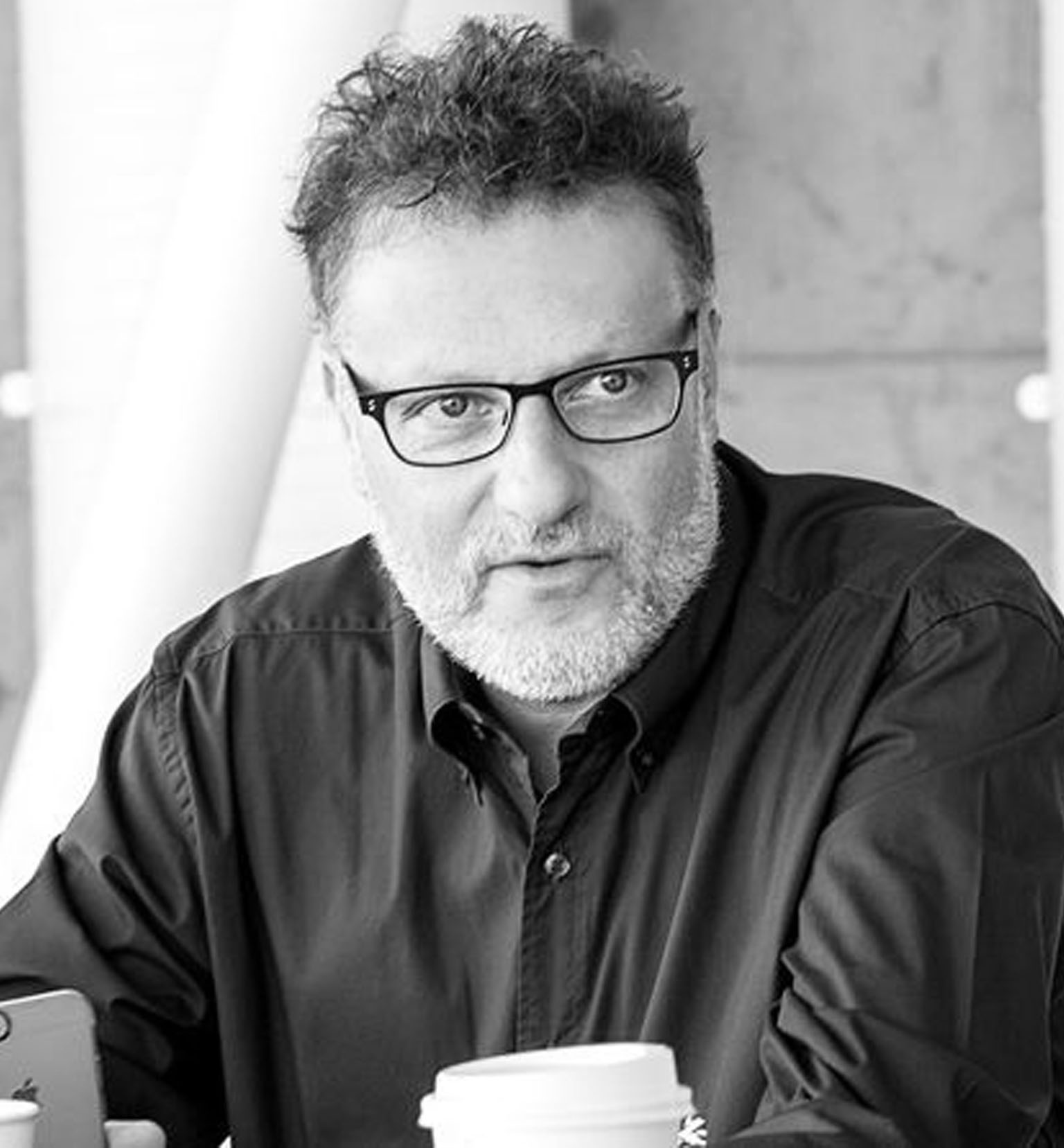
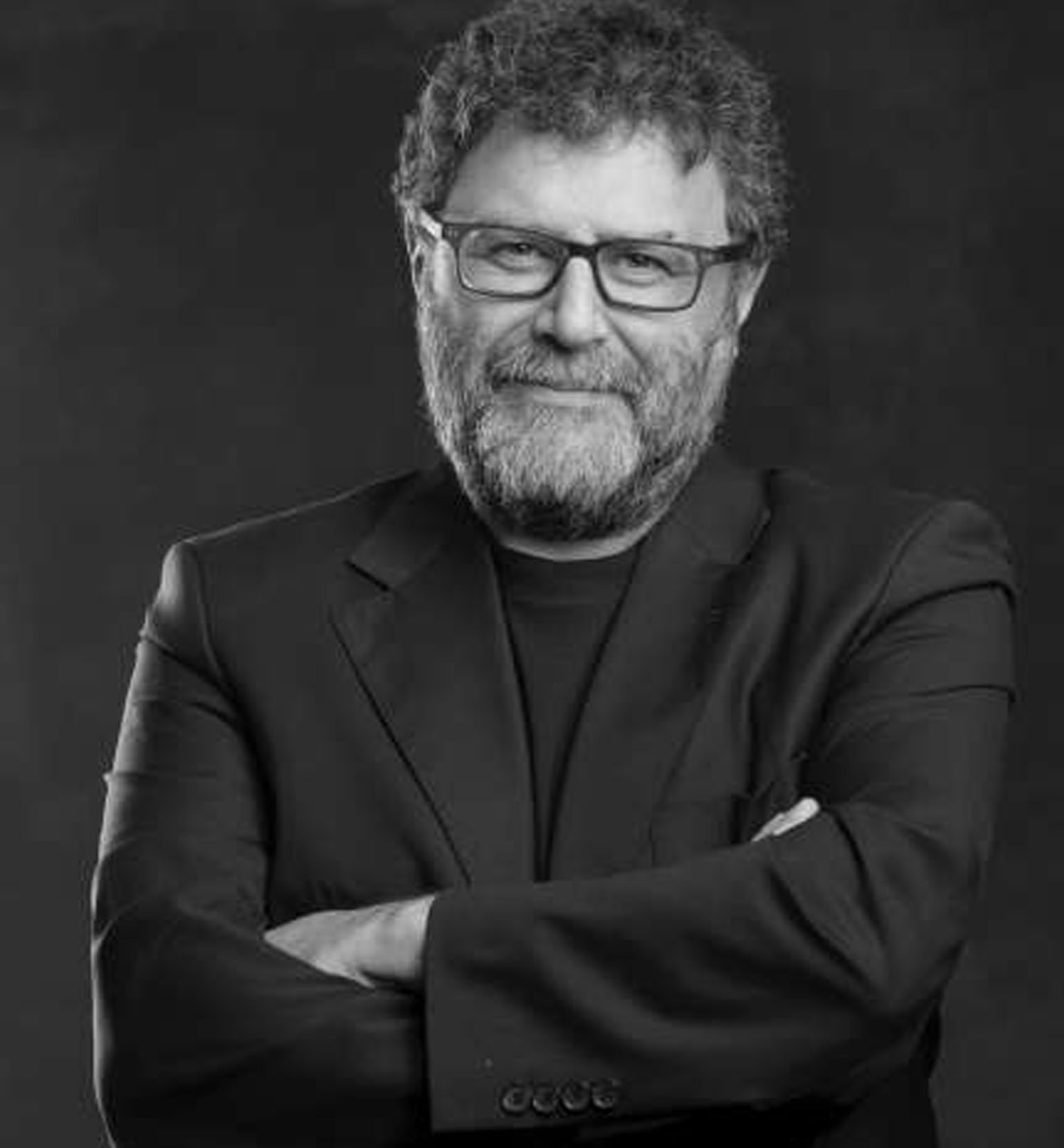
Görgün Taner
İstanbul Foundation for Culture and Arts General Director
Görgün Taner, General Director of the Istanbul Foundation for Culture and Arts (IKSV), was born in 1959 in Istanbul. He graduated from Kadıköy Anatolian High School and Boğaziçi University Department of History. He started working as the Cinema Coordinator at the Cinema Days in 1983 at IKSV, where he has been general manager since 2002. He also acted as the Assistant Director and Program Coordinator for Foreign Relations (1987–1994) and Director of the International Istanbul Jazz Festival (1994-2002). Görgün Taner was elected as the chairman of the board of the European Cultural Foundation in Amsterdam in May 2013 and he is a board member of the Istanbul Modern Art Museum.
Levent Çalıkoğlu
İstanbul Modern Museum Director
From 2004 to 2007, he worked as a curator in charge of the museum collection, between 2007 and 2014, he worked as the Chief Curator of Istanbul Modern. He has published many articles and books on modern and contemporary art in Turkey. Since 1998, he has curated many exhibitions on a national and international scale at various art institutions and independent venues. He is one of the consultants who took an active role in the transformation of Akbank Sanat in the early 2000s. Between 1997 and 2011, he was one of the regular authors of Milliyet Sanat. He is the creator of Contemporary Art Talks series and books published by Yapı Kredi Yayıncılık. Now, he works as the director of İstanbul Modern Museum.
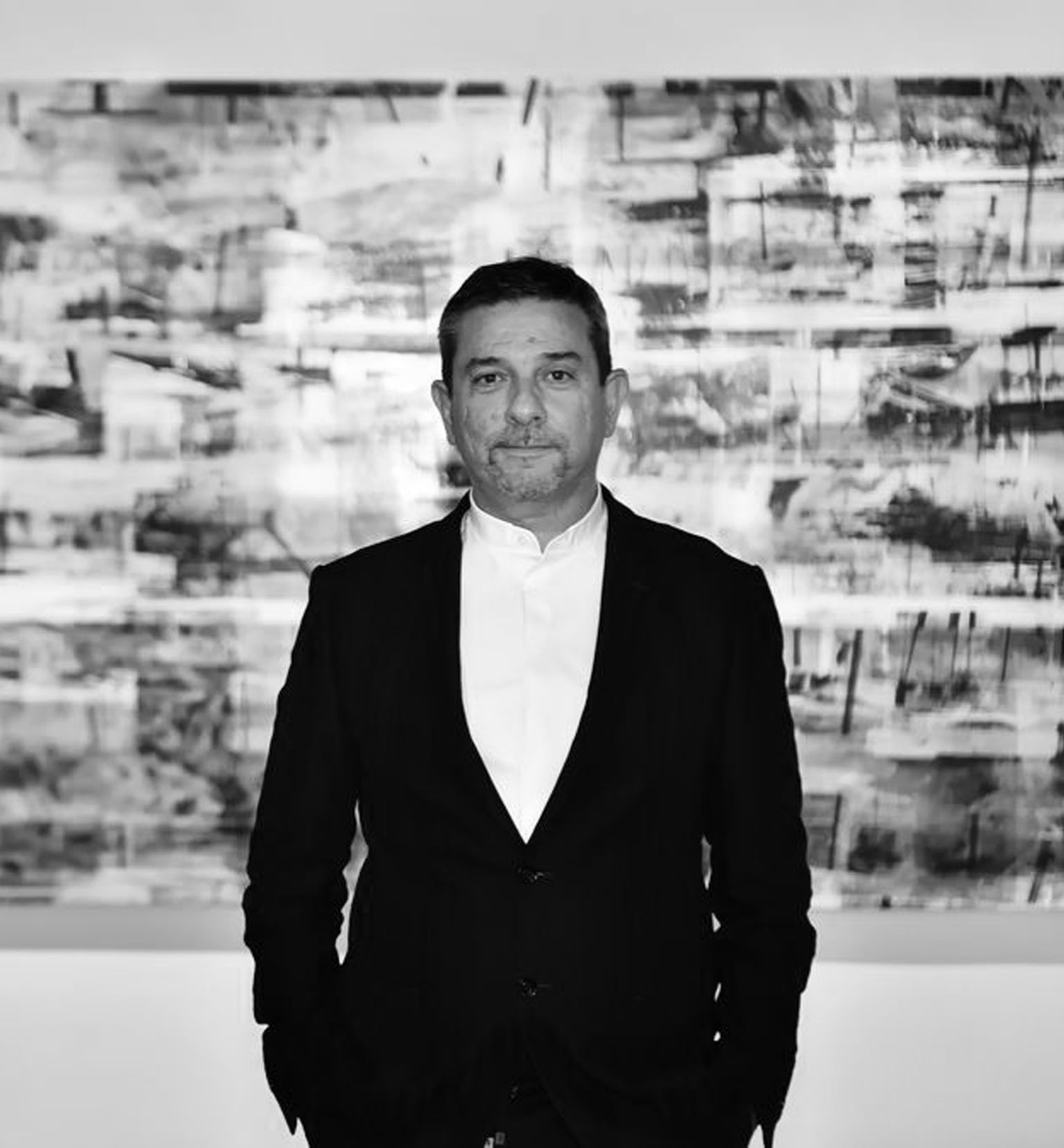
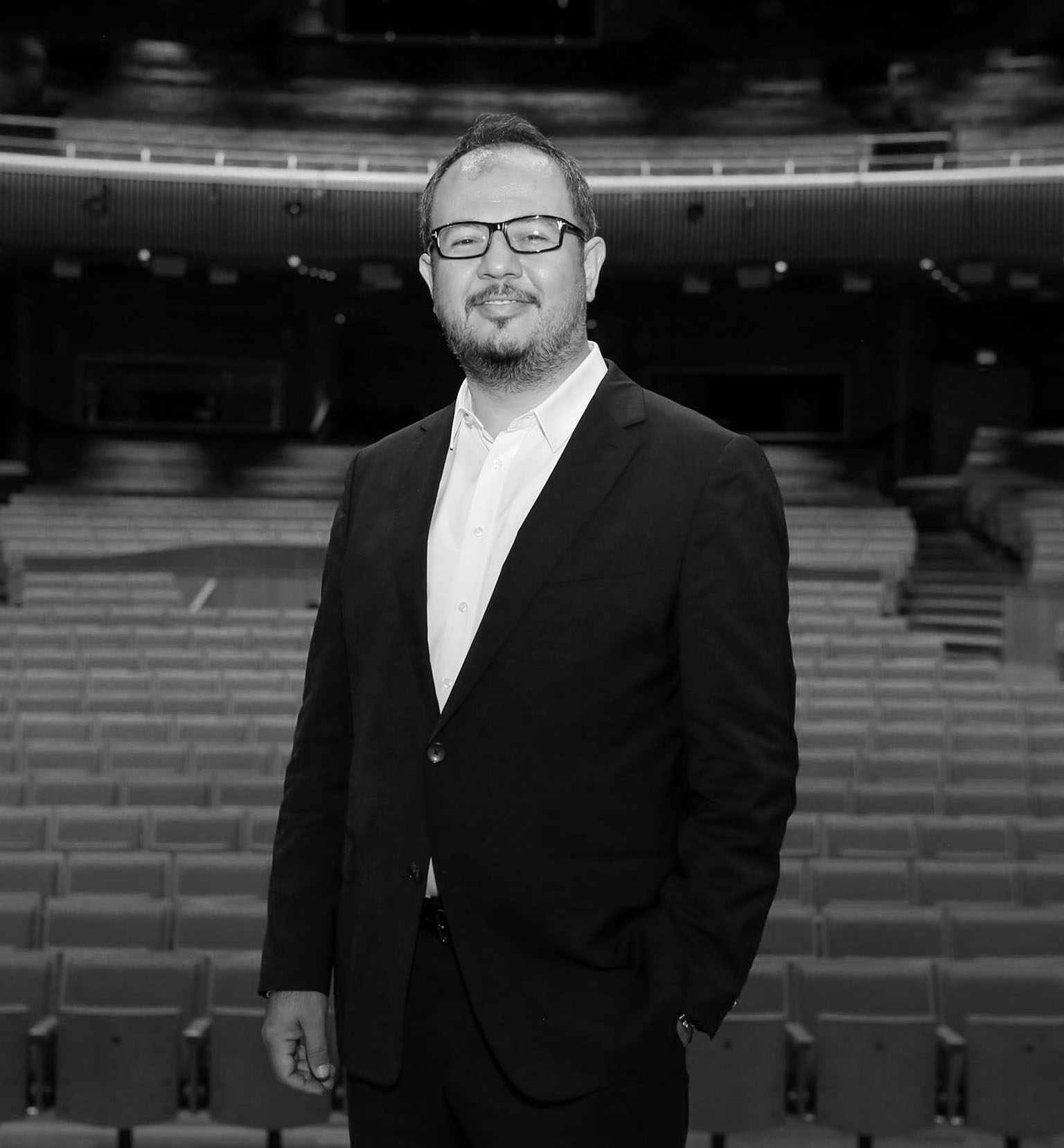
Murat Abbas
Zorlu PSM General Director
Murat Abbas was born in 1969 in Istanbul and completed his entire education in Istanbul. After his business administration training at the university, he started working as an auditor at Denet BDO (ex Deloitte Touche). He worked in financial controller and finance manager positions at companies such as Bosch-Siemens-Profilo, Superonline, Ticketturk. In 2002, he ended his audit and finance career and dedicated himself completely to the field of music and culture and art. In October of 2014, he started working as the Executive Vice President in charge of Zorlu Performing Arts Center in Zorlu. In February 2015, he was appointed as the General Director of Zorlu PSM.
Meriç Öner
SALT Research and Programs Director
Meriç Öner, Director of Research and Programs at SALT, studied architecture at Istanbul Technical University and Istanbul Bilgi University. She was the coordinator of exhibitions for the World Congress of Architecture (Istanbul, 2005) and focused on the field of culture. She started her work at Garanti Gallery (GG) in 2007 and continues her work at SALT. Öner continues her work on the online project of the Reşad Ekrem Koçu’s Istanbul Encyclopedia, which is carried out with the contributions of Digilogue in partnership with SALT and Kadir Has University, and also is a board member of the European confederation of museums, L’internationale.
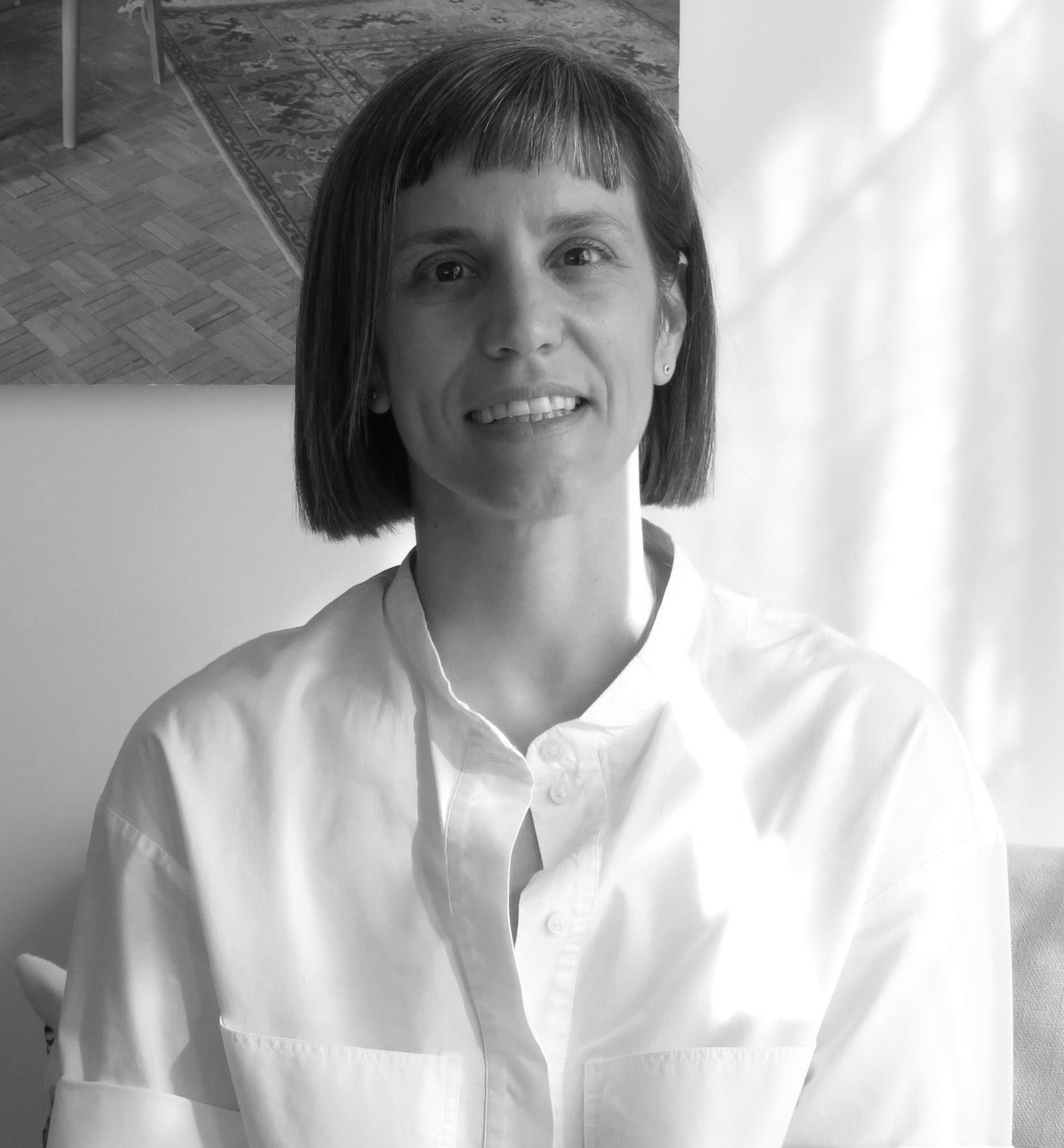
Videos
Surviving in the New World
Görgün Taner, who is a member of the “old generation” in his own words, believes that digitalization is temporary since it can never replace physical activities. He admits that even if he predicts that there will be an ultimate return to four or five-thousand-people concerts, this pandemic process has pushed them towards digitalization and they have to plan as if normalization will never happen.
The general director of Zorlu PSM Murat Abbas portrays the old normal for PSM, stating that as a venue that is active for 10.5 months a year, they organize 1200 events a year and almost 4 events a day. After closing the doors on March 13, amongst the cancellation and postponement of 600 events, the digital broadcasts born in response to the question of “what can we do digitally?” bring an opening to PSM with respect to accessibility. Although Zorlu PSM is clearly an achiever in terms of accessibility thanks to its digital expansion; according to Abbas, when we look at the works undertaken on a local and global level during the pandemic period, the format generally fails. Interest in these publications, which have been a mood-elevator and source of morale for people stuck between four walls, is disappearing with normalization.
Confining artworks on our cellphones
Çalıkoğlu states that they went through an experience they would normally live to see in Istanbul Modern in 4-5 years, in just a matter of 4.5 months due to the pandemic. The issue of “digitalization of museums”, which has been already on the agenda since the mid-2000s, in this process and era, which requires very fast action and is very much based on presenting what has been accumulated, makes the institution relatively prepared.
This adaptation of Istanbul Modern to digitalization from all sides brings forward questions about the sudden meeting of visual arts and digital media. Çalıkoğlu who states that he cares about the question “what is digitalization?” draws attention to the difference between watching and experiencing a work of art.
The research and programs director for SALT Meriç Öner states that “We had to worry about these in some way for 15-20 years. During this process, things that were not very sustainable were noticed very strikingly. What do we repeat by heart? What do we carry out as we really say we would do? Are places that produce something more useful for the audience in today’s world, or are there other possibilities for places that carry themselves beyond their own knowledge throughout this participation?”
Culture and Art Institutions as a spacer: To be able to enter micro scales
Moderator Gülay Avşar asks Meriç Öner from SALT, which positions itself in a more different place since it is a cultural institution operating in different fields such as exhibition, research, conference and publication the following questions: Should one be both calm and alert while experiencing this transformation? While creating new methods in terms of institutions, the thought of ‘how we will present this and in which medium’ may arise, but how will we reunite with the producers and the audience in a meaningful way?
Various weaknesses and vulnerabilities in economics and communication styles are not new. “We had to worry about these in some way for 15-20 years. During this process, things that were not very sustainable were noticed very strikingly. What do we repeat by heart? What do we carry out as we really say we would do? Are places that produce something more useful for the audience in today’s world, or are there other possibilities for places that carry themselves beyond their own knowledge throughout this participation?” are the questions posed by Meriç Öner who adds some critical links to the chain of questions in the first session.
The fact that the pandemic triggers problems inherited from the past with a provocative reflex pushes the cultural institution to think about the models it is based on, the examples it follows, the environments it creates and the rhythms of these environments.
SALT’s experience differs from other culture and arts institutions in terms of its relationship with individuals. While there is a format produced by professionals on the one hand and consumed by the audience on the other; SALT works like a connector with its mission that does not claim to be known by the institution and intends to contribute alongside with the institution; thus creating both the usership and participation. This mission of SALT, which aims to position the cultural institution as both a vehicle and an intermediary via this mission of offering a certain benefit, is experienced most clearly in the fact that the archive, which is located in the digital and contains 1 million 850 thousand documents, is used three times more than normal under pandemic conditions. Meriç Öner says that when the doors were closed, they could stay one click behind the rush of moving fast and not being forgotten. Institutions like SALT also need to deal with the questions of how they can increase the possibilities at hand and how far they can spread them. Being fully integrated with this question reveals the differences between the physical and digital.
In addition to its digital archive, SALT reopened its library containing 100,000 publications on June 30. Underlining that making the library
usable is also critical, Meriç Öner emphasizes the importance of how the results are achieved rather than physical or digital spaces. While discussing how to increase the number of environments that nourish each other, can speak to each other and do not speak one way; the effect of the digital stands out as a significant tool in SALT’s experience.
The most fragile section of the arts and culture industry
Moderator Gülay Afşar mentions the Borusan Philharmonic Orchestra concert at the Harbiye Open Air Theater the night before the session, on August 19th, and states that this concert brings new questions forward in terms of sustainability. She posed the question “How sustainable is this economic model? to Ahmet Erenli from Borusan Art. Ahmet Erenli paints a rather dark picture for the concert industry if the pandemic continues for a long time. From time to time, royalty and artist royalties paid in Euros are financially challenging so much so that Borusan Sanat has to increase its budget by 50% in order to maintain the digital. For this reason, it is predicted that the digital will evolve in a financially sustainable manner.
Erenli said that free access to digital will no longer be available; hinting that when Borusan is relaunched in November, the contents will be paid.
It is underlined that those who suffered the most within the culture and arts industry during the pandemic process have been the artists. Except for the artists with at least a certain degree of support such as those who work as staff artist and state artists, plenty of freelance artists most of whom work with an ambiguous legal status constitute one of the most fragile sections in the culture and arts industry in Turkey. Special culture, at least outside the state-supported artists such as permanent artists and art institutions in the most ambiguous legal status in Turkey, freelance make up artist one of the most fragile part of a stack of culture and arts industry.
Before closing the webinar, moderator Gülay Afşar gets short answers by asking individual questions to the panelists.
Could there be an inverse relationship between the proliferation of digital content and the preservation of artistic quality? Can cultural and artistic institutions have a regulatory or guiding mission? Is there room for such concern?
Görgün Taner: I will answer this question by giving examples from music instead of contemporary art. As a result of the transition to the records, tapes, CD, Spotify; music production became easier, geographic dissemination increased, but this spread negatively affected the quality. If you ask me, I would like to hear this discussion a little bit from people born into this digital world because I am a member of the 70s generation, I grew up with rock music and I am still there a bit. The new artistic production will be done by the digital natives. It is different to make artistic production using digital elements, it is another thing to make artistic production and say “look, I am exhibiting it in the digital”. The differences between these will be discussed in the upcoming times.
What procedures will culture and arts institutions follow which have been reopened or preparing to reopen?
Murat Abbas: There are a number of parameters in this regard, the most important thing is the comfort of the performer who will be on the stage, as there is a live performance in question. Both institutions and the performers are stuck between health and economy. We received positive answers that were above our expectations from the theater and musicals we approached in the first place. As Zorlu PSM, I think we have created an element of trust in the artists and the audience with the spatial arrangements we have made. In the first place, previous projects that do not require rehearsals will be repeated, we will see local projects due to the procedures for international travel and exchange rates, and we will continue with seated events for a while because there are still no regulations for standing events.
How can the concept of arts and culture patronage be revisited from here?
Levent Çalıkoğlu: Institutions can survive and continue their lives with less sharing even if their programs have shrunk and been delayed, and yet there is an art community that feels the harsh conditions created by the pandemic in a much deeper sense. A priority of the art sphere should be supporting the artists in this process. There are up-to-date support mechanisms and solidarity models that take fast action on this issue; I sincerely believe in following and supporting them. For a sustainable scenario, steps should be taken on the level of the local administration, public and state, and a roadmap should be designated with the participation of all actors for this process.
What kind of support do you envisage in terms of contribution incentive mechanisms?
Ahmet Erenli: For example, there is a state support of 5,000 Euros granted for artists in Berlin, even if the artist has a job, they can benefit from this support. We, as an institution, try to pay the rehearsal fees for the concerts that we cannot have to the best of our capacity, but this is not a sustainable support mechanism as we do not have the ticket income. We had to refund the ticket income of nearly 500,000 lira. Orchestras got smaller, 85 people were playing; that became 30 people. 55 people were out. We reduced the audience to 500. People aged over 65 cannot attend concerts and classical music audience is not young, we lost half of our audience. This is a spiral. The Ministry of Culture has to deal with this financial area as well.
In this question, Erenli cites İKSV’s report titled The Unifying Power of Culture and Arts During Pandemic and the Needs of the Field as a good analysis.
